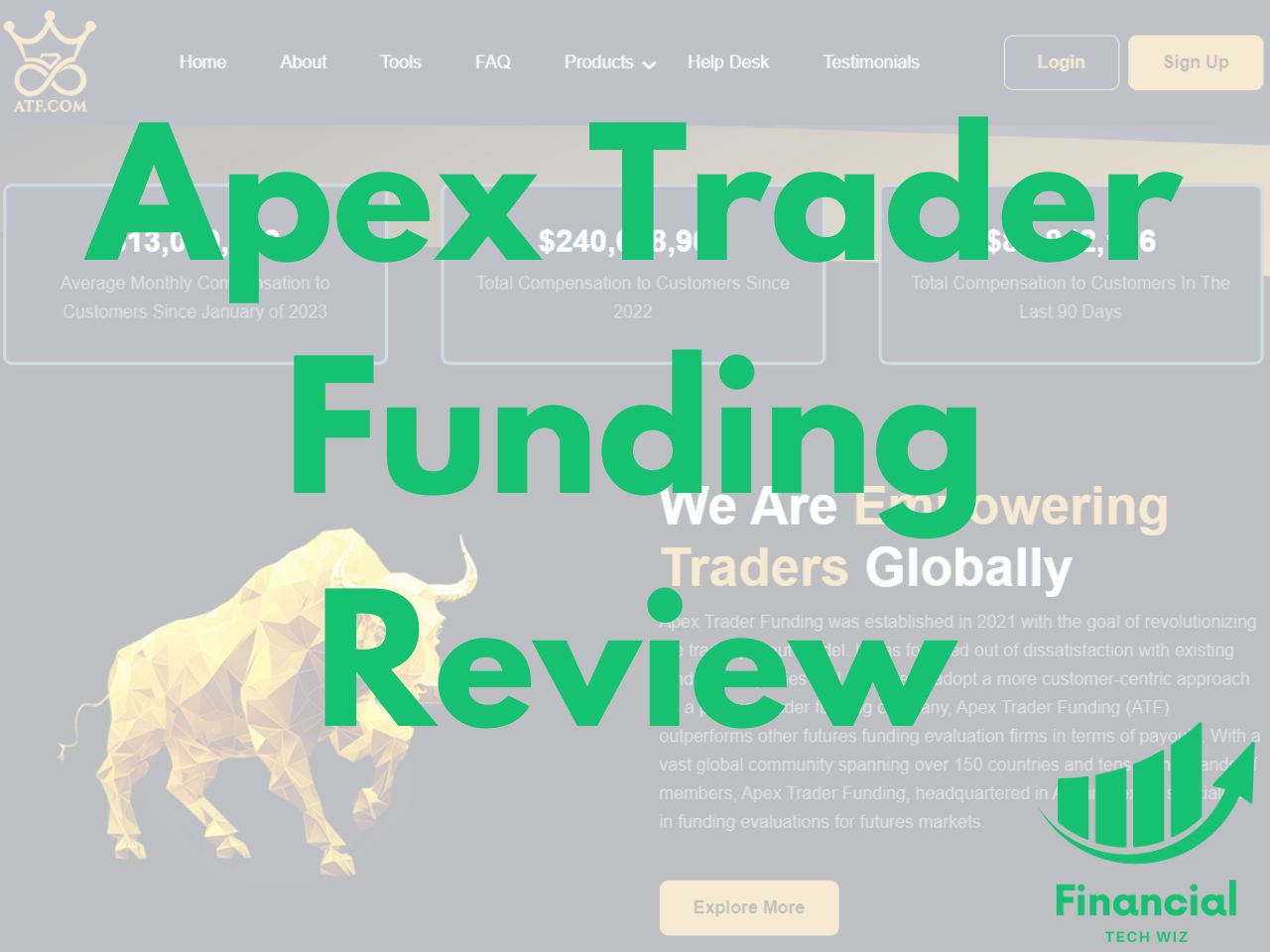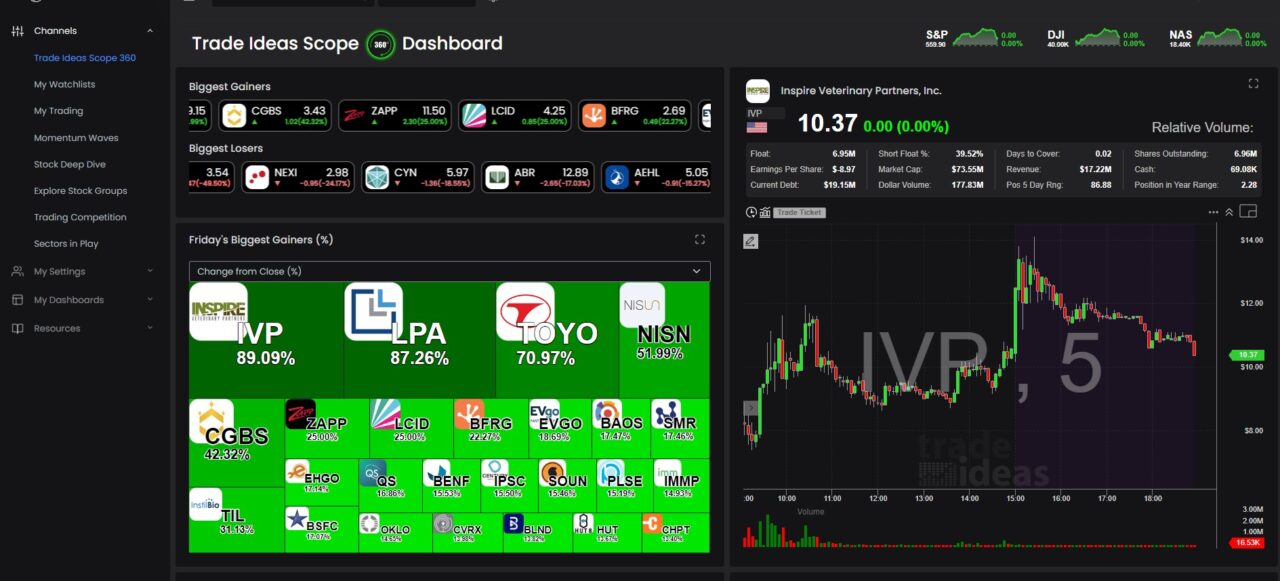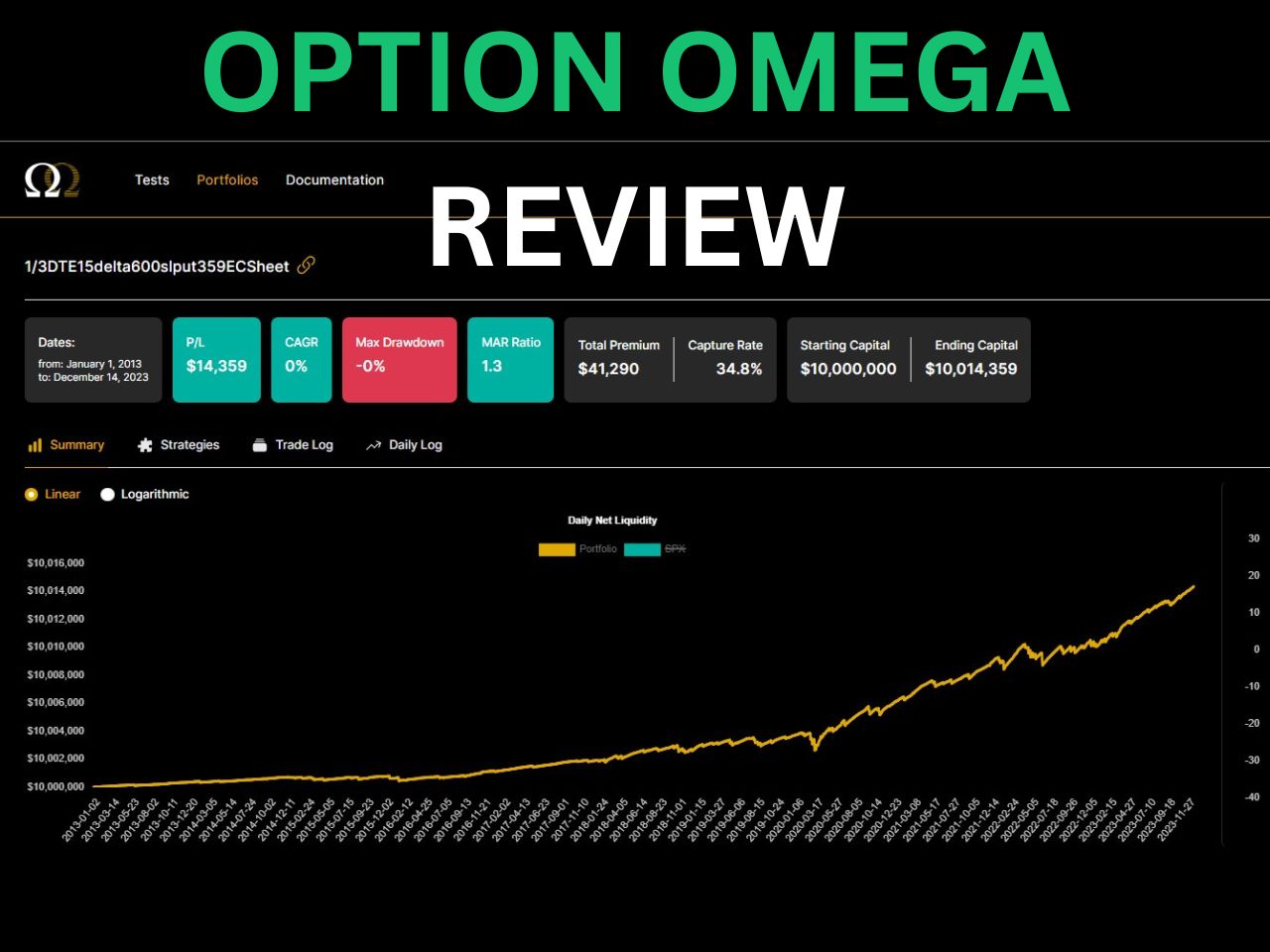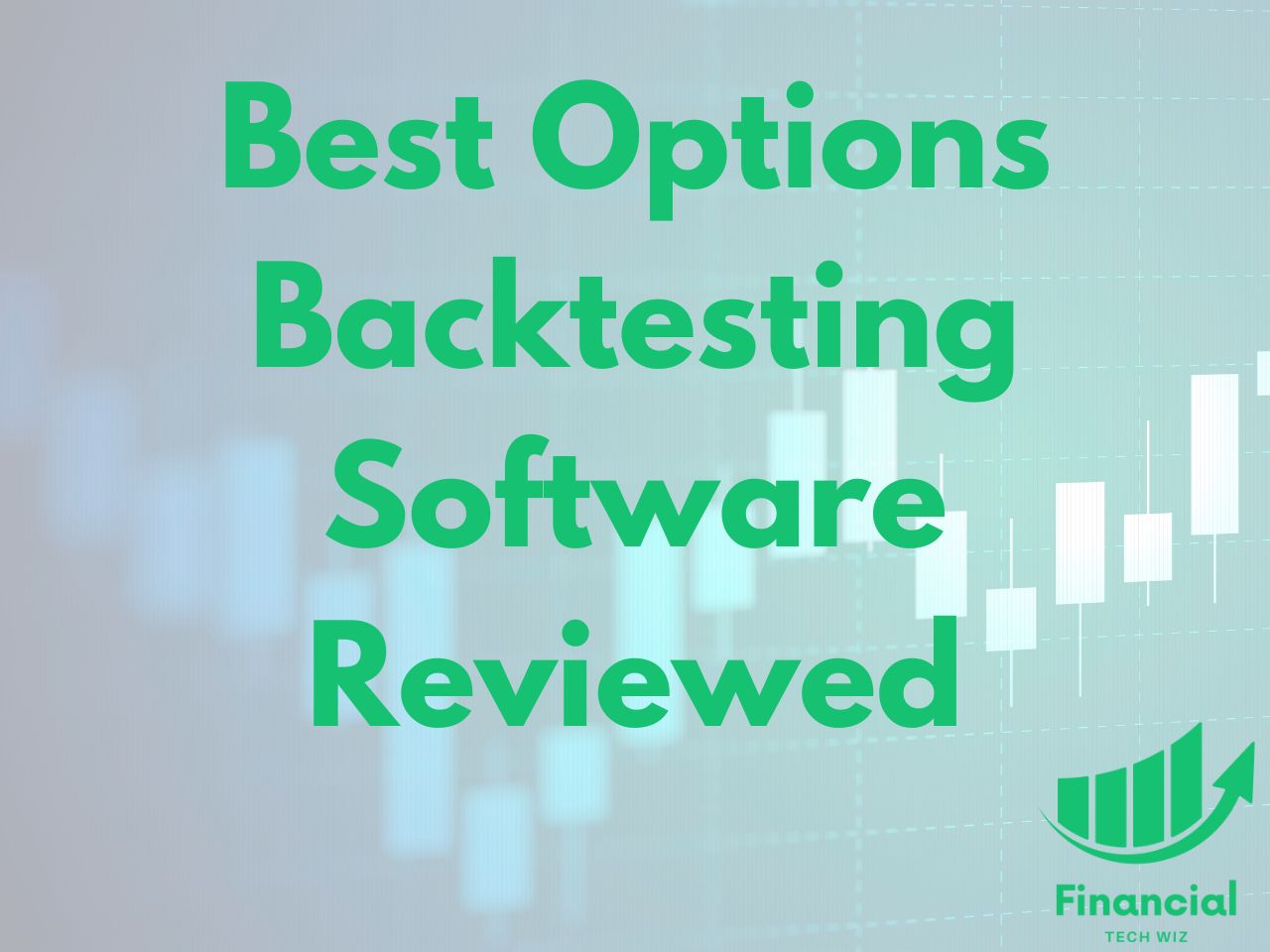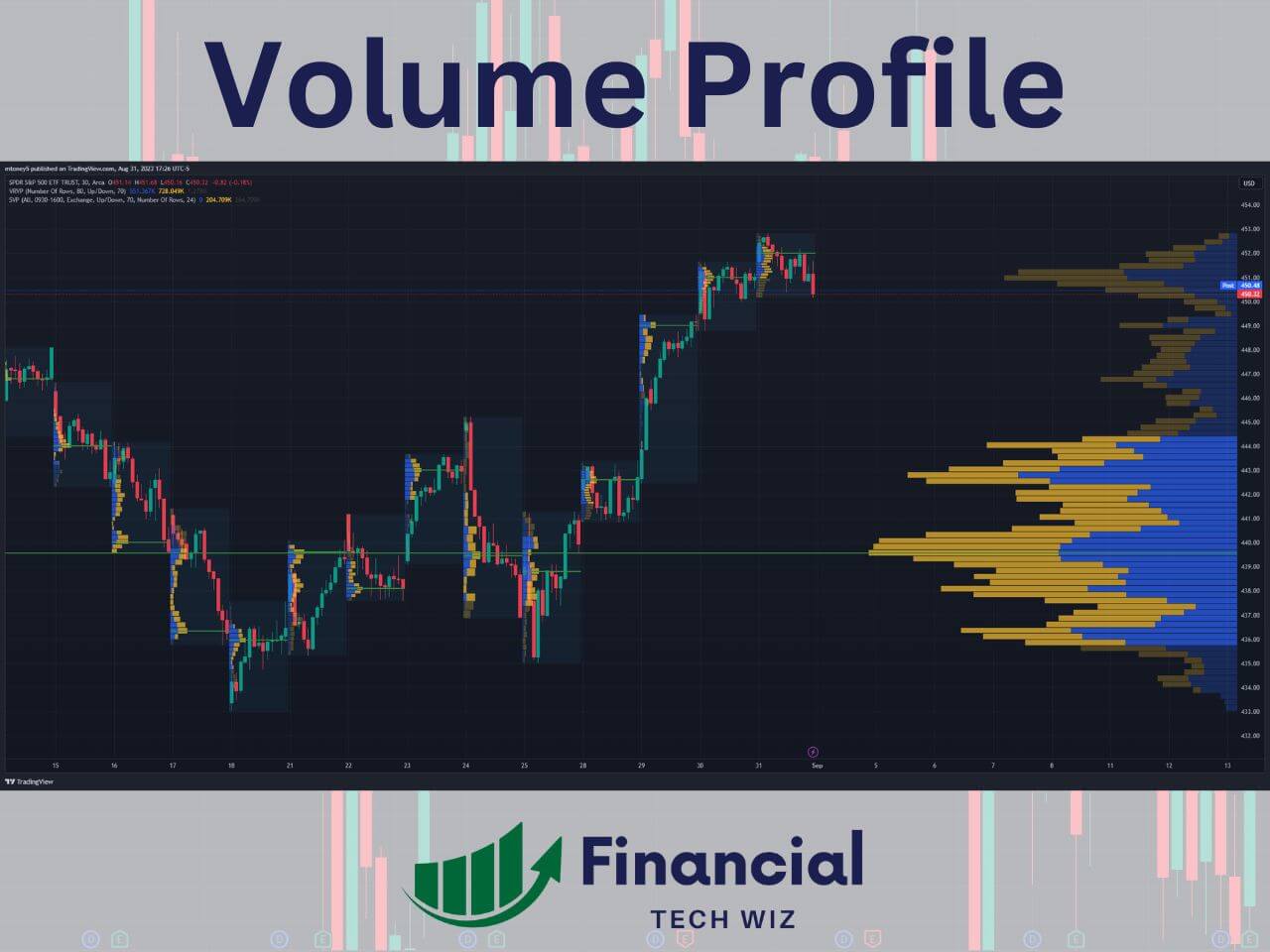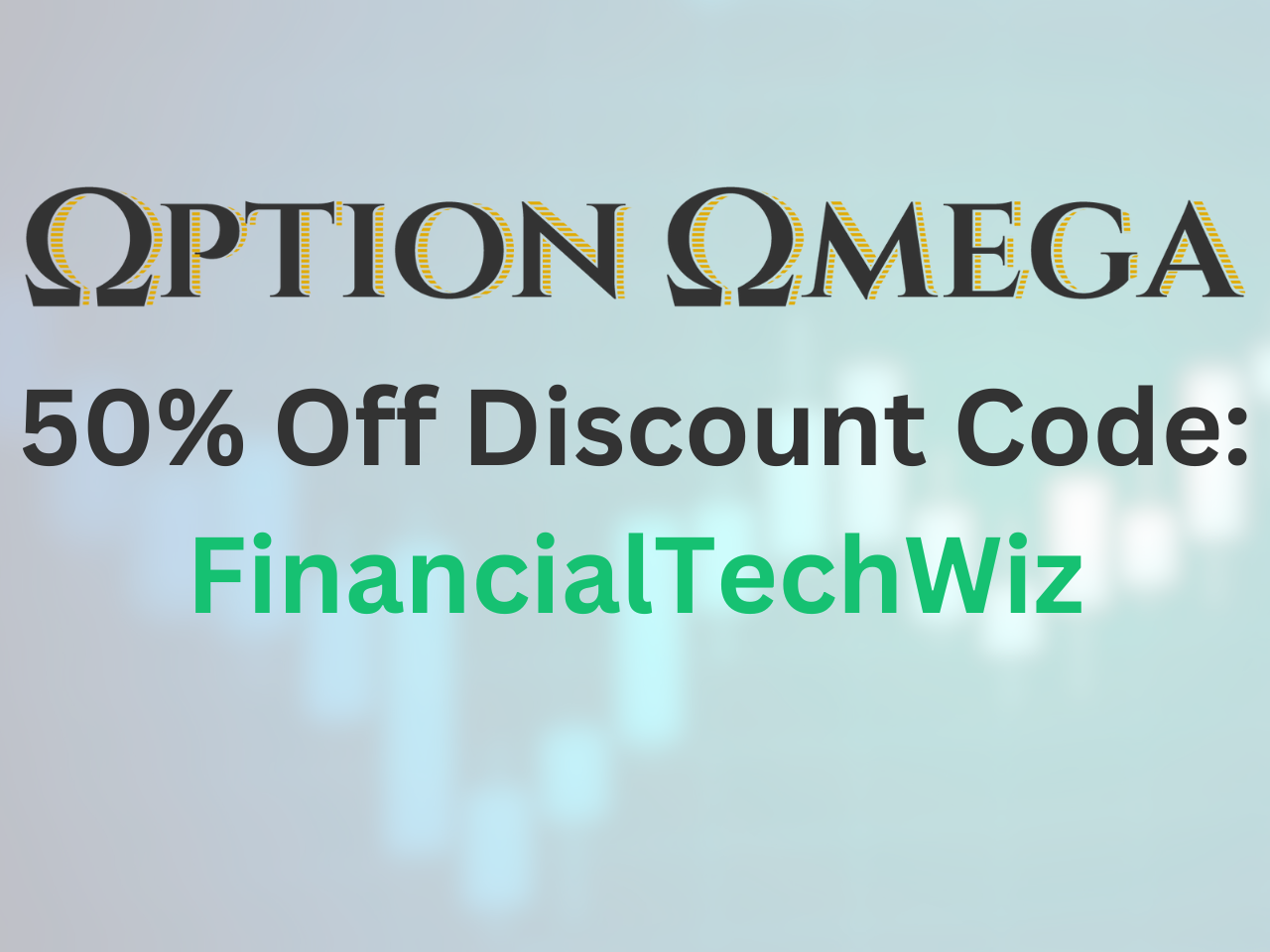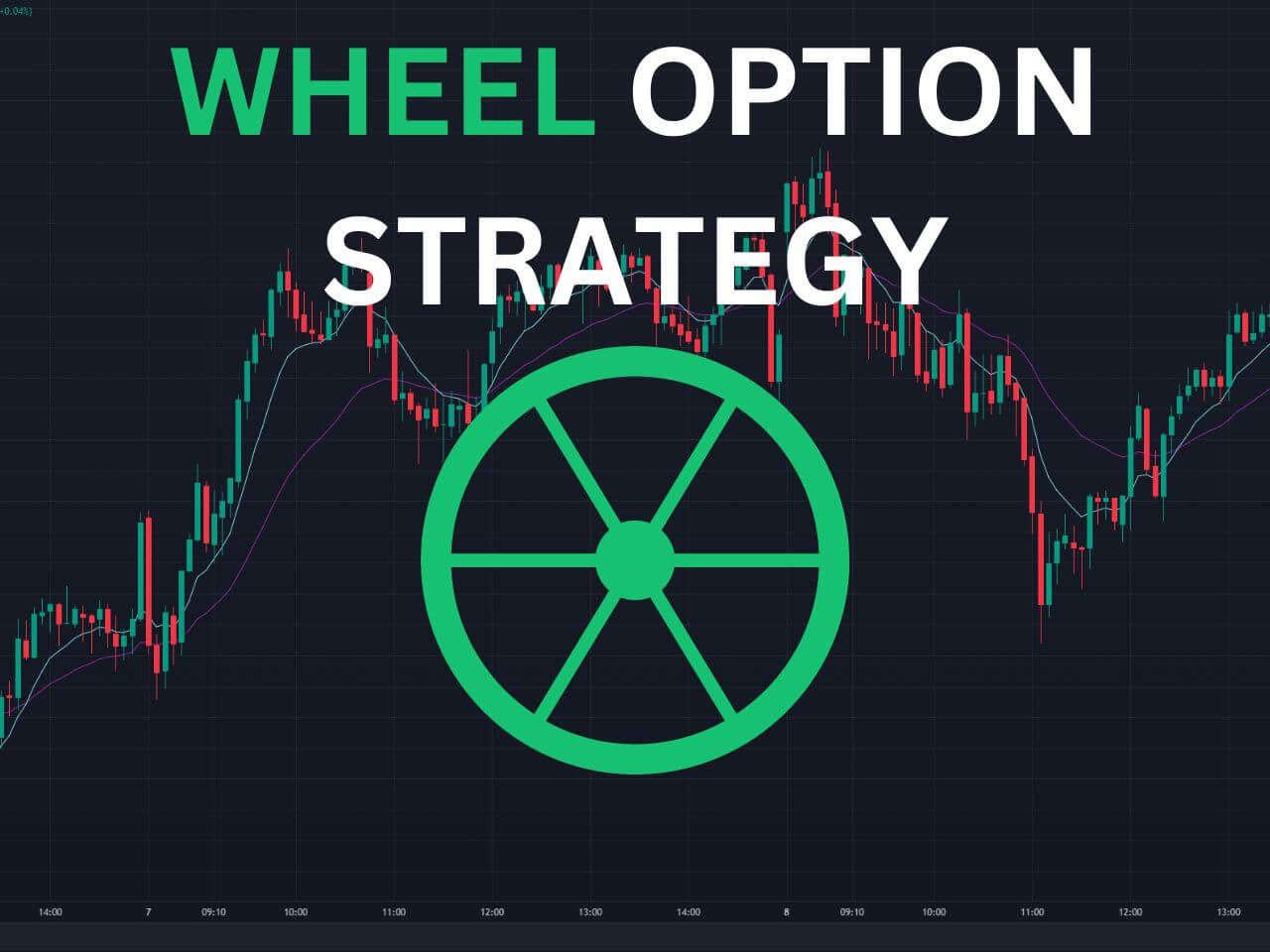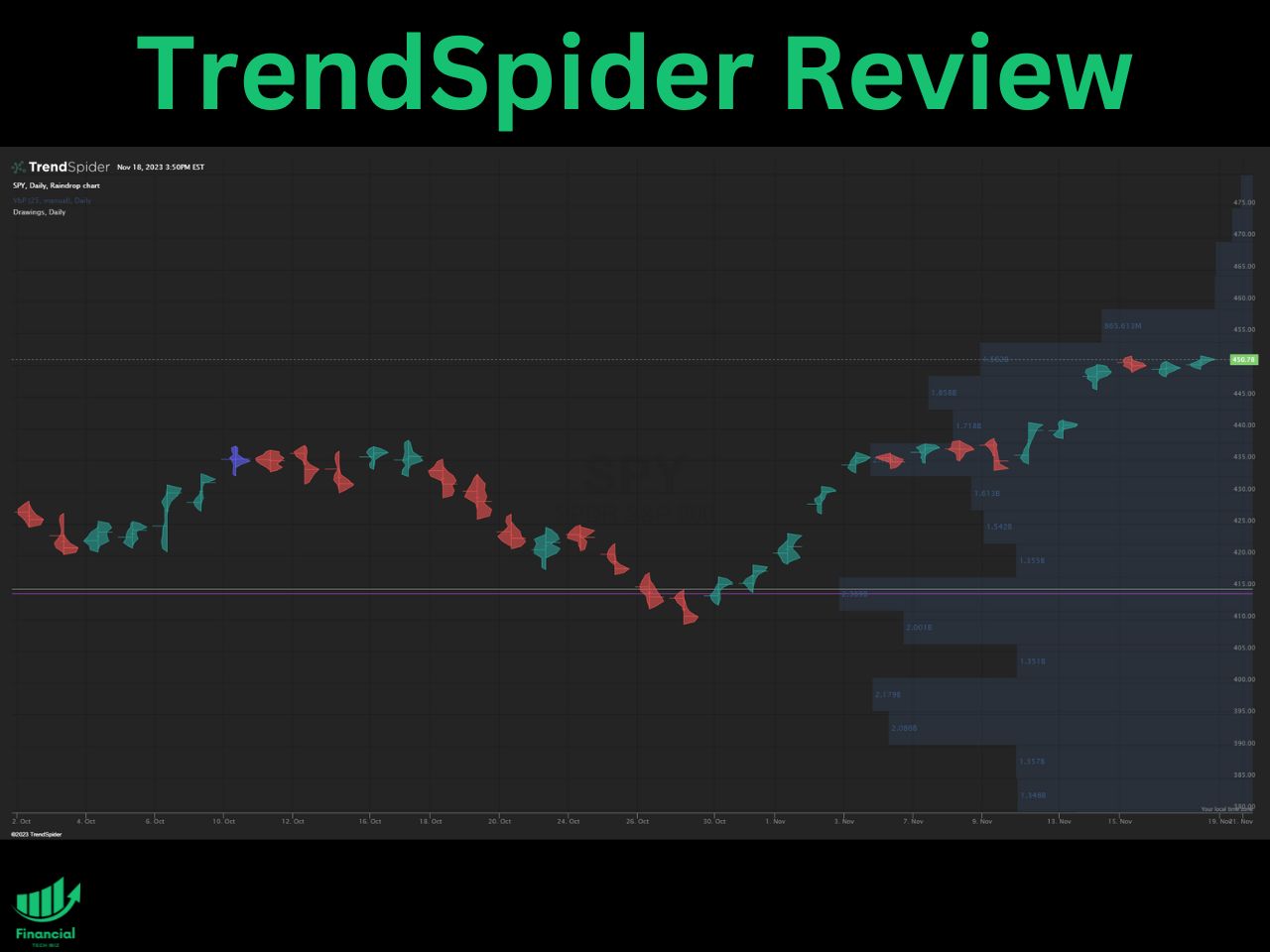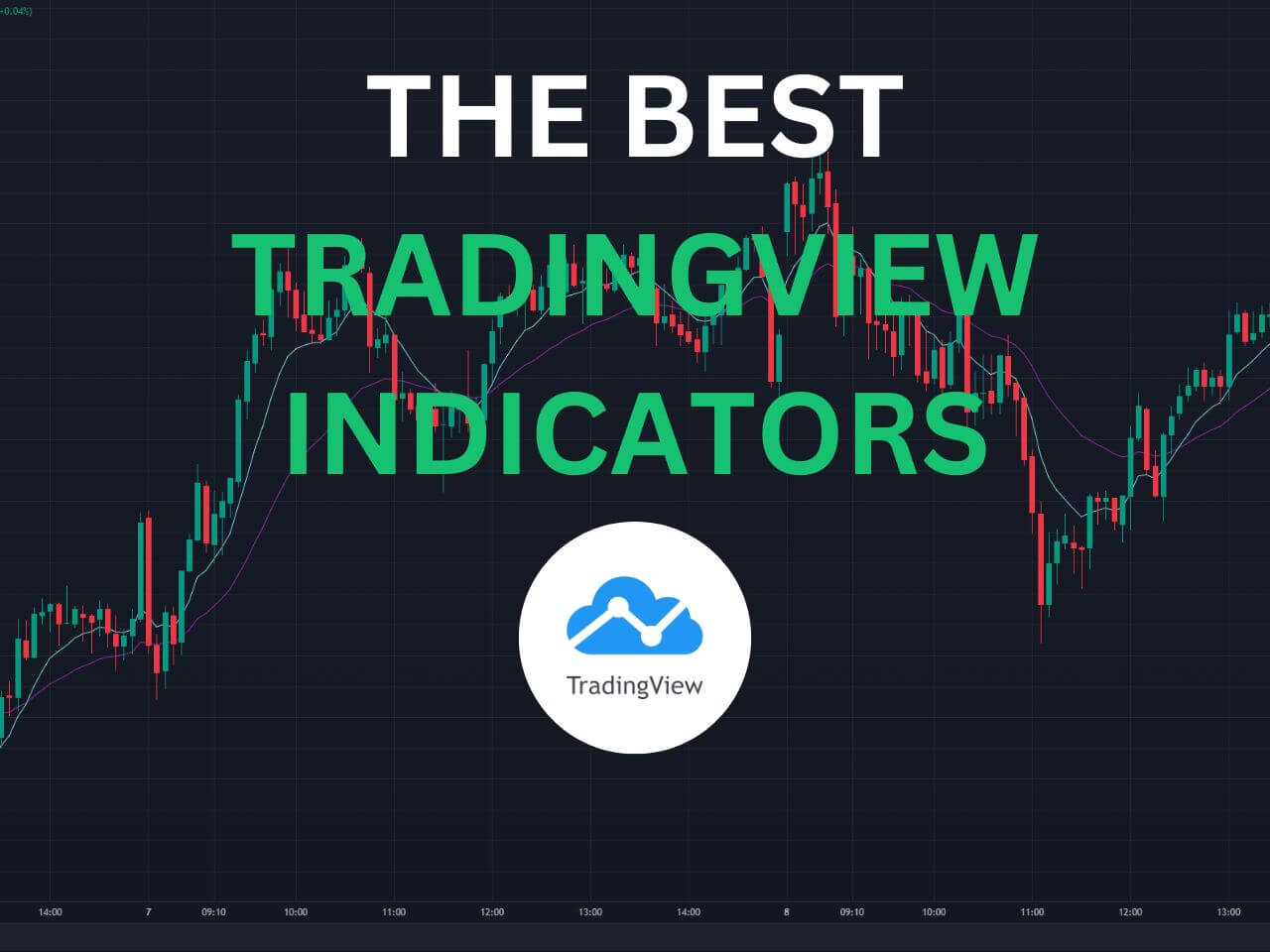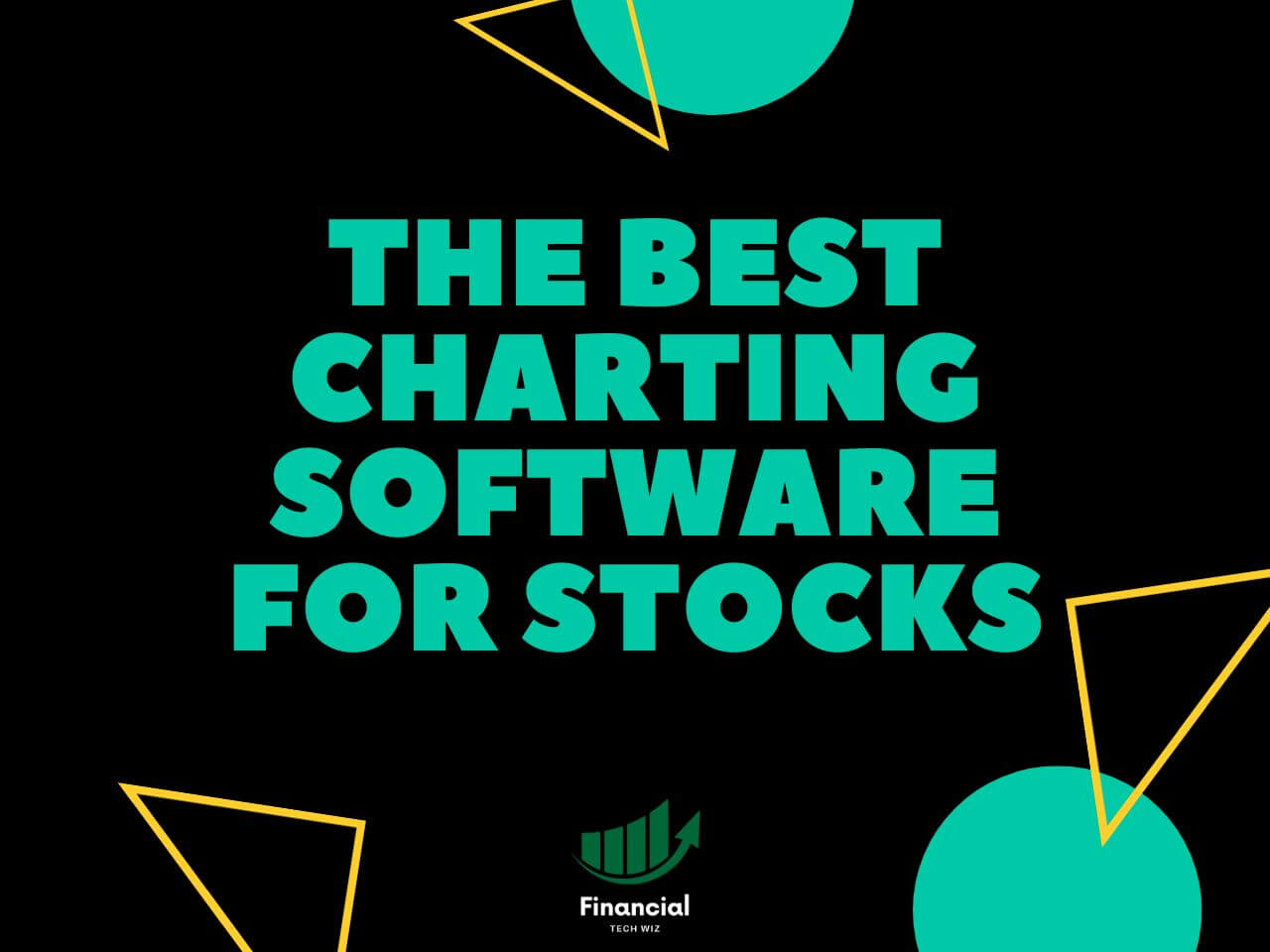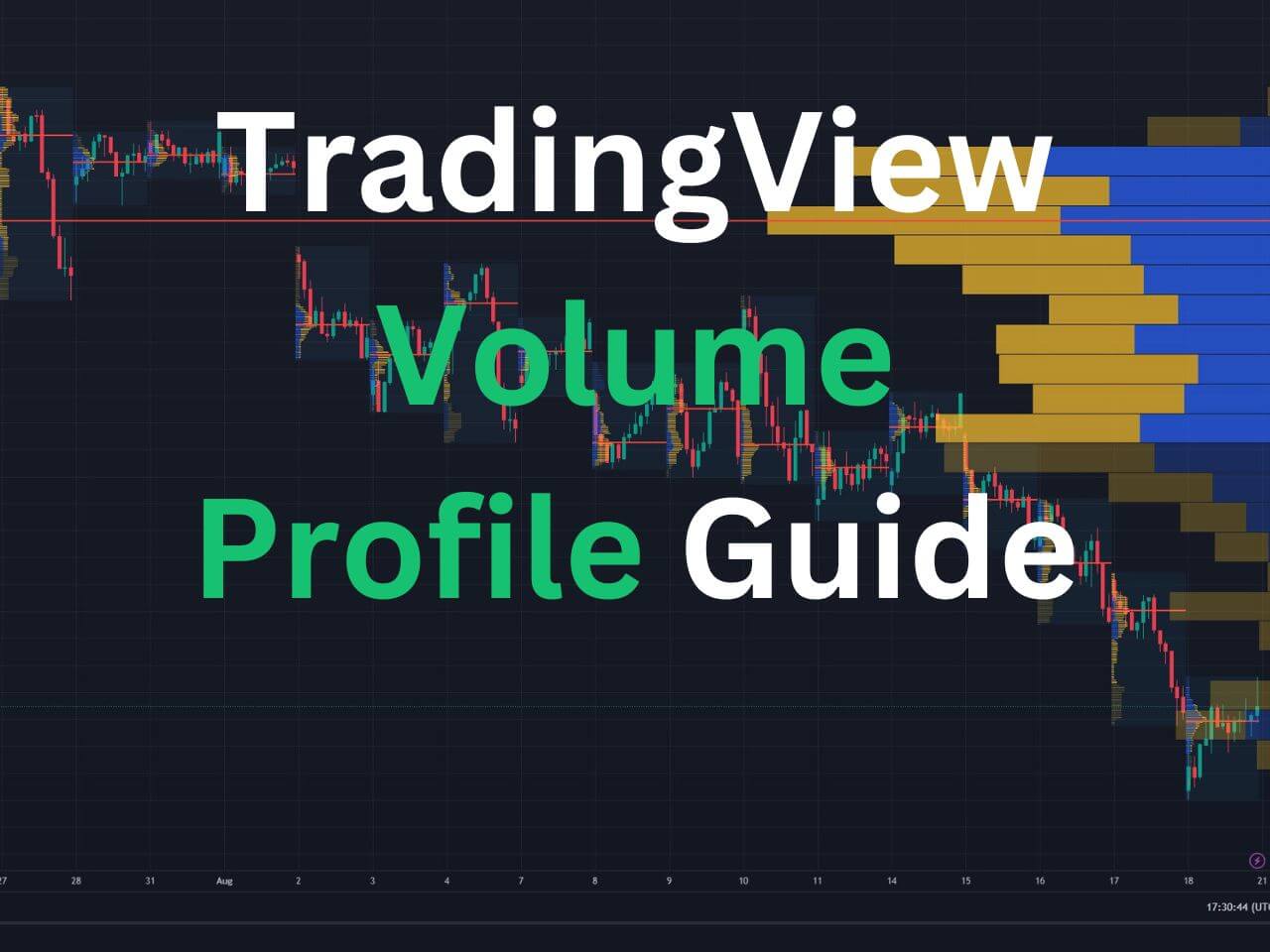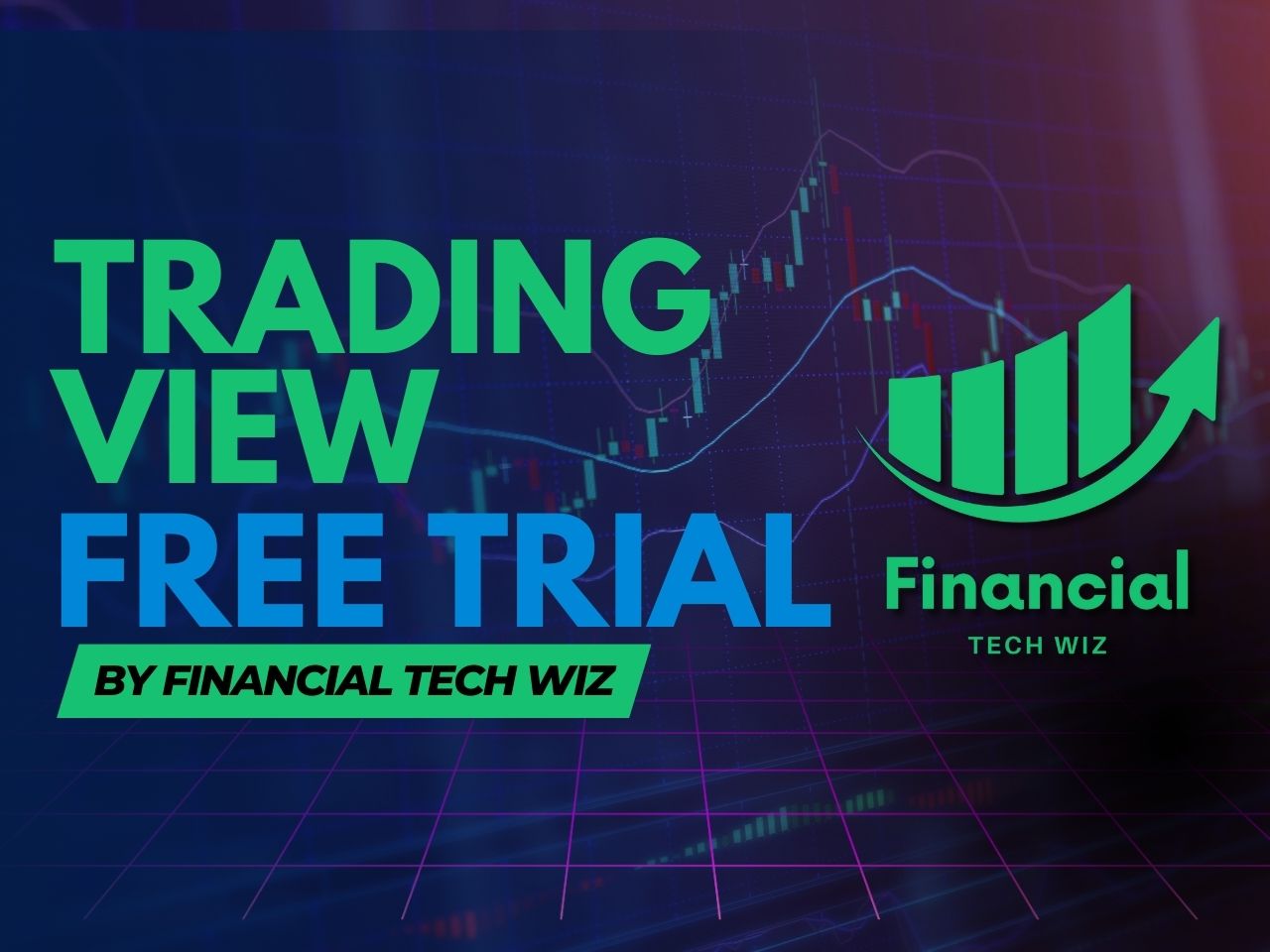Discover our detailed comparison of Fidelity and Interactive Brokers to help determine which is best for you. Whether you’re a seasoned trader or just starting out, choosing the right platform can significantly impact your trading experience.
To make your research easier, we manually found key data for Fidelity and Interactive Brokers across the internet and compiled it all in this article.
Key Characteristics of Fidelity and Interactive Brokers
| Provider | Platform Type | Tradeable Assets | Charting Features | Data | Premium Pricing |
|---|---|---|---|---|---|
| Fidelity Visit Site | Brokerage Platform | Stocks, ETFs, Mutual Funds, Options, Index Options, Bonds | Active Trader Pro Platform | Real-time data with funded account | No premium features |
| Interactive Brokers Visit Site | Brokerage Platform | Stocks, ETFs, Mutual Funds, Options, Futures, Futures Options, Crypto, Bonds | Downloadable desktop platforms, web platform, mobile app | Must buy real-time data | No premium features |
Overview of Fidelity
Fidelity is a well-established brokerage firm known for its comprehensive range of financial services. It is one of the only institutions that offers zero-cost mutual funds, at the expense of less frequent dividend payments. While they don’t offer leverage products like futures, they allow you to invest in crypto, and they are one of the only brokerages that provides custody of the fund’s Bitcoin.
Overview of Interactive Brokers
Interactive Brokers (IBKR) is a well-established brokerage firm founded in 1978, known for providing advanced trading and investing services to a diverse clientele, including individual investors, institutions, and professional traders. IBKR offers competitive pricing for options and futures, but lacks when it comes to charting and ease of use.
Who is Fidelity Best For?
Fidelity is best for long-term investors, but not as much for active traders seeking leveraged products like futures contracts. However, the options trading fees are competitive, they provide many low-cost investment funds, and they allow you to invest in cryptocurrency, making it a great all-around brokerage.

Who is Interactive Brokers Best For?
Interactive Brokers is best for advanced traders who prefer to automate their trading strategies. IBKR is far from beginner-friendly, as the platforms are advanced and require some technical knowledge to utilize effectively. If you are looking for a modern, easy-to-use investing platform, IBKR is not your best option.

Trading Features and Tools
| Provider | DRIP | Margin Trading | Insurance | Mobile App |
|---|---|---|---|---|
| Fidelity Visit Site | Yes, no fees | Yes | SIPC Insured | Yes |
| Interactive Brokers Visit Site | Yes, but with fees | Yes | SIPC Insured | Yes |
Trading Costs and Commissions Compared
| Fee Type | Fidelity Visit Site | Interactive Brokers Visit Site |
|---|---|---|
| Equity Commission | Free | Free |
| Option Commission | $0.65 per contract | $0.65 per contract |
| Futures Commission | No futures | $0.85 per contract, $0.25 micro |
| Futures Options Commission | No futures options | $0.85 per contract, $0.25 micro |
| Option Exercise Fee | None | None |
Fidelity vs Interactive Brokers – Bottom Line
Choosing between Fidelity and Interactive Brokers depends on your specific trading needs, preferred trading tools, and the type of assets you’re interested in.
Both platforms offer distinct advantages, but by considering the detailed comparison above, you can select the one that aligns best with your trading strategy and goals.
For more detailed reviews and comparisons, continue exploring our other articles on brokerage platform comparisons.
What is the Overall Best Charting Software?
I have reviewed and used nearly every trading platform available, and I believe that TradingView is the best overall charting software available. Here are some reasons why:
- All of TradingView’s key features are free to use
- TradingView provides real-time data for free whenever possible
- You are not tied to a single broker and can use whichever you want while charting on TradingView
- You can track all markets on a single platform, including stocks, ETFs, crypto, forex, and futures.
- TradingView has an excellent economic calendar and various screeners
TradingView Limited Time Offer!
Exclusive Deal: 30-Day FREE Premium Access + Bonus Credit
Don’t Miss Out – Sign up for TradingView Now!
- Advanced Charts
- Real-Time Data
- Track all Markets
If you sign up for a TradingView account using my affiliate link, you can get a 30-day free trial of its premium features plus a $15 credit toward your subscription. However, signing up for a free trial is not required, and you can use nearly all of its features with a basic free account. You can read my full review of TradingView to learn more.
Related Trading Platform Comparisons
Interactive Brokers vs Robinhood
Schwab vs WeBull
MT4 vs Schwab
Robinhood vs Tradovate
Interactive Brokers vs TC2000

